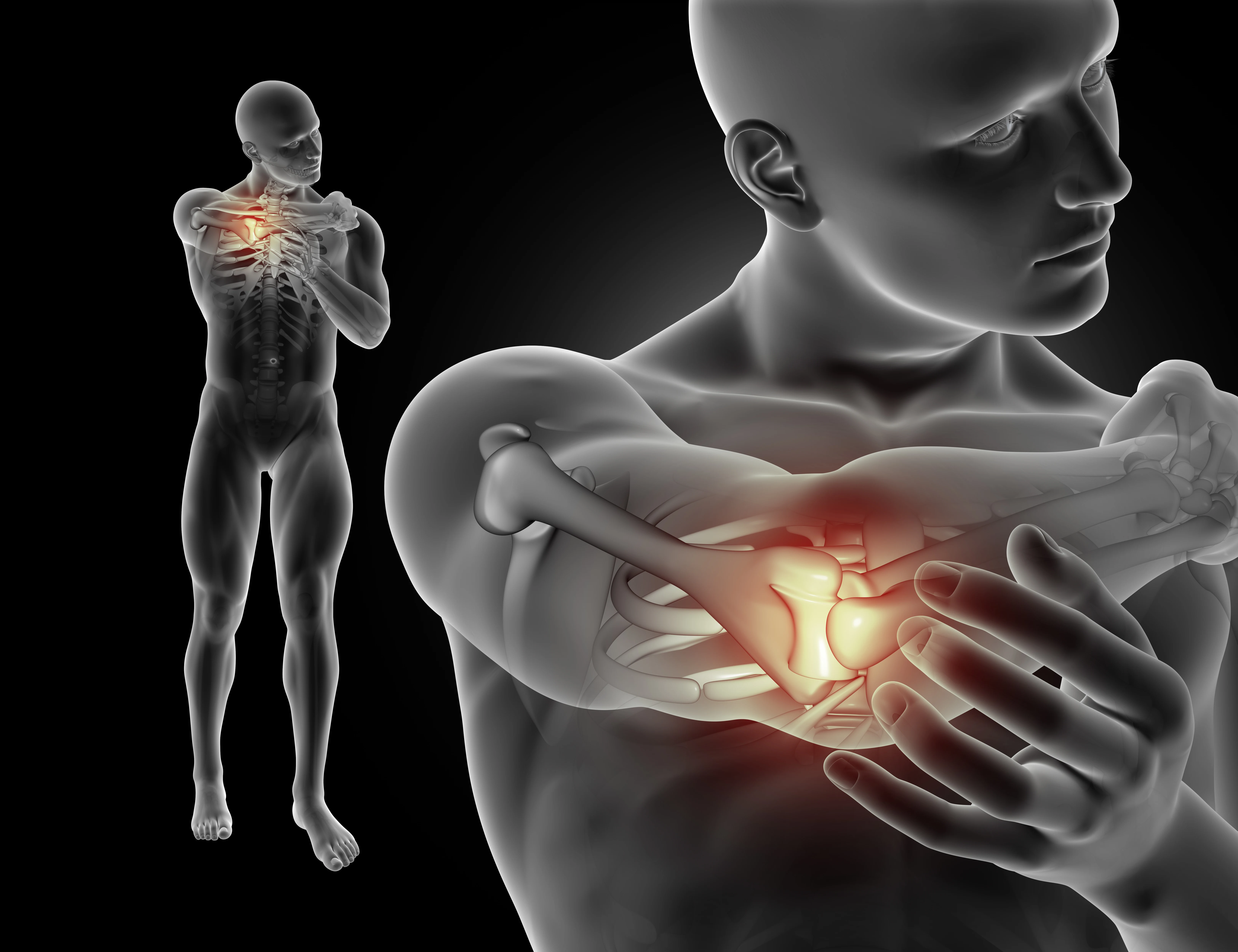Understanding the Role of NSAIDs in Pain Management
Category: Blogs
Pain, whether acute or chronic, is a universal experience that affects millions of people every day. From minor aches and strains to more complex, long-term conditions, managing pain is a vital aspect of healthcare. One of the most commonly used treatments for pain relief are nonsteroidal anti-inflammatory drugs, or NSAIDs. These medications have become a staple in pain management, offering relief from a variety of ailments, from arthritis to headaches. But how do NSAIDs work, and what should you know about their role in managing pain? This blog delves into the essential role NSAIDs play in pain management and why you might want to consider them as part of your treatment plan at Lokmanya Hospitals.
What Are NSAIDs?
Nonsteroidal anti-inflammatory drugs (NSAIDs) are a class of medications used to reduce inflammation, alleviate pain, and lower fever. Unlike corticosteroids, which also treat inflammation, NSAIDs do not contain steroids, making them a popular choice for long-term pain management with fewer side effects. NSAIDs work by inhibiting enzymes in the body known as cyclooxygenase (COX). There are two types of COX enzymes: COX-1 and COX-2. These enzymes are responsible for producing prostaglandins, which are chemicals that promote inflammation, pain, and fever. By blocking COX enzymes, NSAIDs reduce the production of prostaglandins, providing relief from pain and inflammation.
Common Types of NSAIDs
NSAIDs come in both over-the-counter (OTC) and prescription forms, depending on the severity of the condition being treated. Some of the most commonly used NSAIDs include:
- Ibuprofen (Advil, Motrin): Widely available over-the-counter, ibuprofen is commonly used to treat mild to moderate pain, such as headaches, menstrual cramps, and muscle aches.
- Aspirin: Aspirin is another well-known OTC NSAID, often used for pain relief and also for reducing the risk of heart attack or stroke in certain individuals.
- Naproxen (Aleve): Naproxen is available over-the-counter and is effective for managing pain related to conditions like arthritis, tendinitis, and other inflammatory disorders.
- Celecoxib (Celebrex): A prescription NSAID, celecoxib is often prescribed for more chronic pain conditions such as osteoarthritis and rheumatoid arthritis.
How Do NSAIDs Work in Pain Management?
Pain is often a result of inflammation or injury, and NSAIDs address both of these factors. By reducing inflammation, NSAIDs alleviate pressure and swelling, which in turn reduces pain. For acute injuries such as sprains or strains, NSAIDs can help manage pain and swelling during the healing process. In chronic conditions like osteoarthritis or rheumatoid arthritis, NSAIDs help to control inflammation, making it easier for individuals to perform everyday activities.
One of the main reasons NSAIDs are preferred in pain management is their ability to address both pain and inflammation simultaneously. Many conditions, such as arthritis, bursitis, and tendonitis, involve both swelling and pain. NSAIDs target the underlying cause—excessive inflammation—thereby reducing both symptoms effectively.
The Benefits of NSAIDs in Pain Management
- Effective Pain Relief: NSAIDs are highly effective in managing mild to moderate pain, particularly for conditions involving inflammation, such as arthritis, sprains, and tendonitis.
- Accessibility: Many NSAIDs, like ibuprofen and aspirin, are available over-the-counter, making them accessible without a prescription. This allows patients to address minor pain on their own, without needing to visit a healthcare provider.
- Versatility: NSAIDs are used for a wide range of conditions, from headaches and menstrual cramps to more chronic conditions like osteoarthritis and back pain.
- Fever Reduction: In addition to reducing pain and inflammation, NSAIDs also help lower fever, which is beneficial when managing infections or illnesses that cause elevated body temperature.
Potential Side Effects of NSAIDs
While NSAIDs are highly effective, they are not without potential risks, especially when used long-term. Some of the most common side effects include:
- Gastrointestinal Issues: NSAIDs can irritate the stomach lining, potentially leading to ulcers, bleeding, or gastritis. This is why they should be taken with food or after meals to minimize irritation.
- Kidney Damage: Long-term use of NSAIDs can lead to kidney problems, especially in individuals with preexisting kidney conditions or those who take high doses over extended periods.
- Cardiovascular Risk: Some studies have shown that long-term use of certain NSAIDs, particularly COX-2 inhibitors, can increase the risk of heart attack and stroke. This is particularly important for individuals with existing heart conditions.
- Allergic Reactions: Though rare, some individuals may experience allergic reactions to NSAIDs, including rashes, swelling, or difficulty breathing.
How to Use NSAIDs Safely
To minimize the risk of side effects and maximize the effectiveness of NSAIDs, it is essential to follow these guidelines:
- Follow the Recommended Dosage: Always adhere to the recommended dosage and avoid exceeding the prescribed amount. Overuse of NSAIDs can increase the risk of side effects.
- Use for Short-Term Pain Relief: NSAIDs are most effective when used for short-term pain relief. For chronic conditions, consider discussing long-term management options with your healthcare provider.
- Consult a Healthcare Provider: If you have any underlying conditions, such as heart disease, kidney issues, or gastrointestinal problems, consult your healthcare provider before using NSAIDs. They can recommend the safest options and monitor for potential complications.
- Avoid Alcohol: Alcohol can increase the risk of gastrointestinal bleeding when combined with NSAIDs. Limit alcohol consumption or avoid it entirely while taking these medications.
Why Choose Lokmanya Hospital for Pain Management?
At Lokmanya Hospitals, we understand that managing pain effectively is a critical aspect of improving quality of life. Our expert medical team is dedicated to providing personalized, compassionate care to each patient, ensuring that pain management is tailored to individual needs.
Here’s why you should choose Lokmanya Hospitals for your pain management needs:
- Comprehensive Pain Management: Our hospital offers a wide range of services for pain management, from medications like NSAIDs to advanced treatments and therapies for chronic pain.
- Experienced Specialists: Our team of specialists is highly trained in diagnosing and treating various pain conditions, including musculoskeletal pain, neurological pain, and chronic conditions like arthritis.
- State-of-the-Art Facilities: At Lokmanya Hospitals, we use the latest medical technology to ensure that every patient receives the most effective treatment available.
- Holistic Approach: We take a holistic approach to pain management, considering all aspects of a patient's health and lifestyle. Our goal is not just to relieve pain but to improve overall well-being.
- Personalized Care Plans: We work closely with each patient to develop a personalized pain management plan that aligns with their unique needs, preferences, and health conditions.
- 24/7 Availability: Pain doesn’t adhere to a schedule, which is why we offer 24/7 emergency care and pain management services to ensure that you get the relief you need when you need it most.
FAQ’s
1. Are NSAIDs safe for everyone?
While NSAIDs are generally safe for most people when used correctly, they may not be suitable for individuals with certain health conditions, such as kidney disease, gastrointestinal issues, or cardiovascular problems. It is essential to consult with a healthcare provider before using NSAIDs regularly.
2. How long can I take NSAIDs for pain relief?
NSAIDs are typically recommended for short-term use. If you require pain relief for an extended period, it is essential to consult a doctor to evaluate your condition and explore other treatment options.
3. Can I take NSAIDs with other medications?
Some medications may interact with NSAIDs, so it is crucial to consult your doctor before combining them with other drugs. For example, blood thinners, certain blood pressure medications, and corticosteroids may increase the risk of side effects when used with NSAIDs.
4. What are the signs of a serious side effect from NSAIDs?
If you experience severe stomach pain, vomiting blood, unusual swelling, shortness of breath, or signs of a heart attack or stroke, you should seek medical attention immediately.
5. Are there alternatives to NSAIDs for pain management?
Yes, there are several alternatives to NSAIDs for pain management, including acetaminophen (Tylenol), physical therapy, acupuncture, and prescription medications for chronic pain. Your doctor can help determine the most appropriate option for your specific condition.
6. Can I take NSAIDs if I am pregnant?
NSAIDs should generally be avoided during pregnancy, especially in the third trimester, as they can pose risks to both the mother and the baby. Always consult your healthcare provider before taking any medication during pregnancy.
7. Can NSAIDs be used for long-term pain management?
While NSAIDs can be used for long-term pain management in certain cases, they are typically prescribed with caution due to the risk of side effects. Your doctor will evaluate the benefits and risks of long-term NSAID use and may recommend other treatments.







